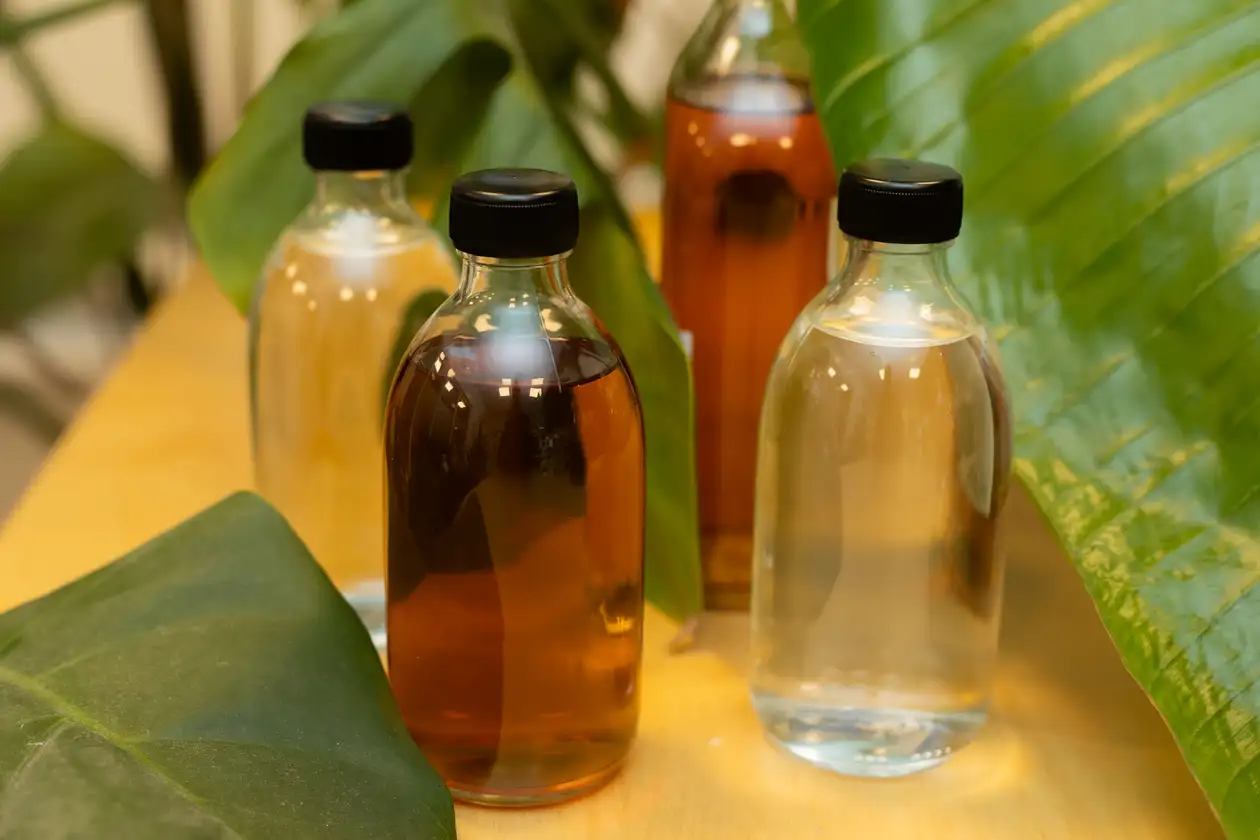Contact informatie
Non-food

Discover our non-food products
We are your ethanol sourcing partner - from start to finish.
Learn more
Markets

Blog
Request quote
Discover our markets and raw materials
We are your ethanol sourcing partner for any sector.
See all industries
See all products
Neutral alcohol
Organic alcohol Extra neutral alcohol Sugarcane alcohol Wheat alcohol Bulk alcohol Bulk spirits Rum Whiskey Brandy Cognac Armagnac Tequila Mezcal Cachaça Gin CiderApplications
Vinegar Flavouring
Contact us
About our products
Quality management Certifications Denaturants Packaging SamplesAbout Nedstar
About us Logistics CSR Documentation FAQ ContactWorking at Nedstar
Career Vacancies Our team






















